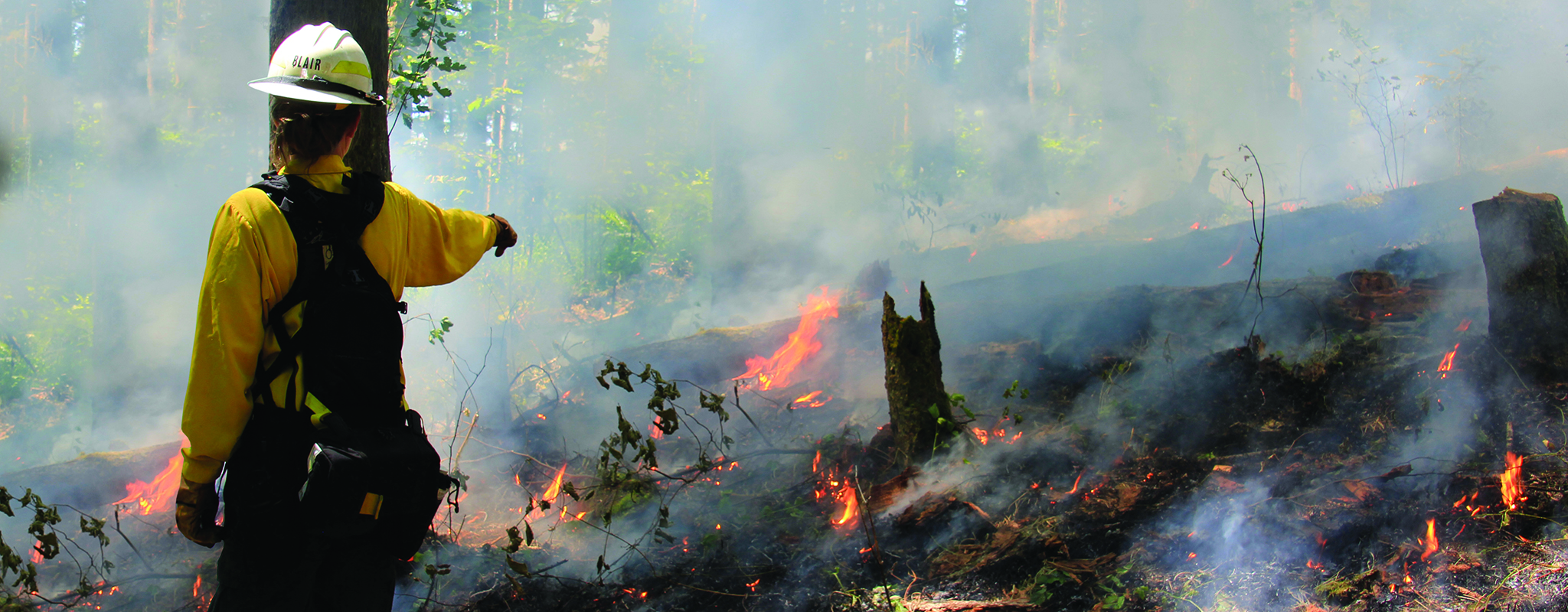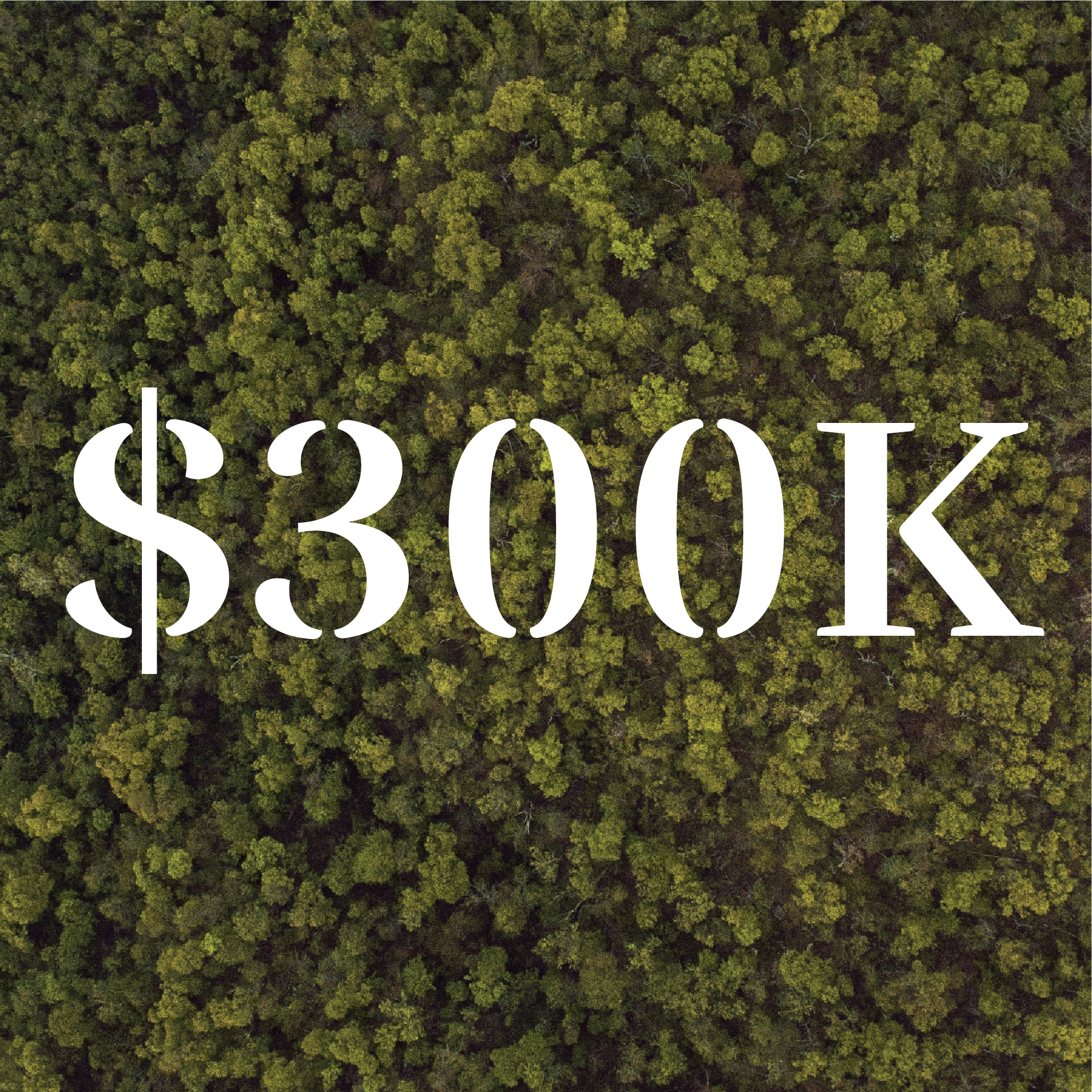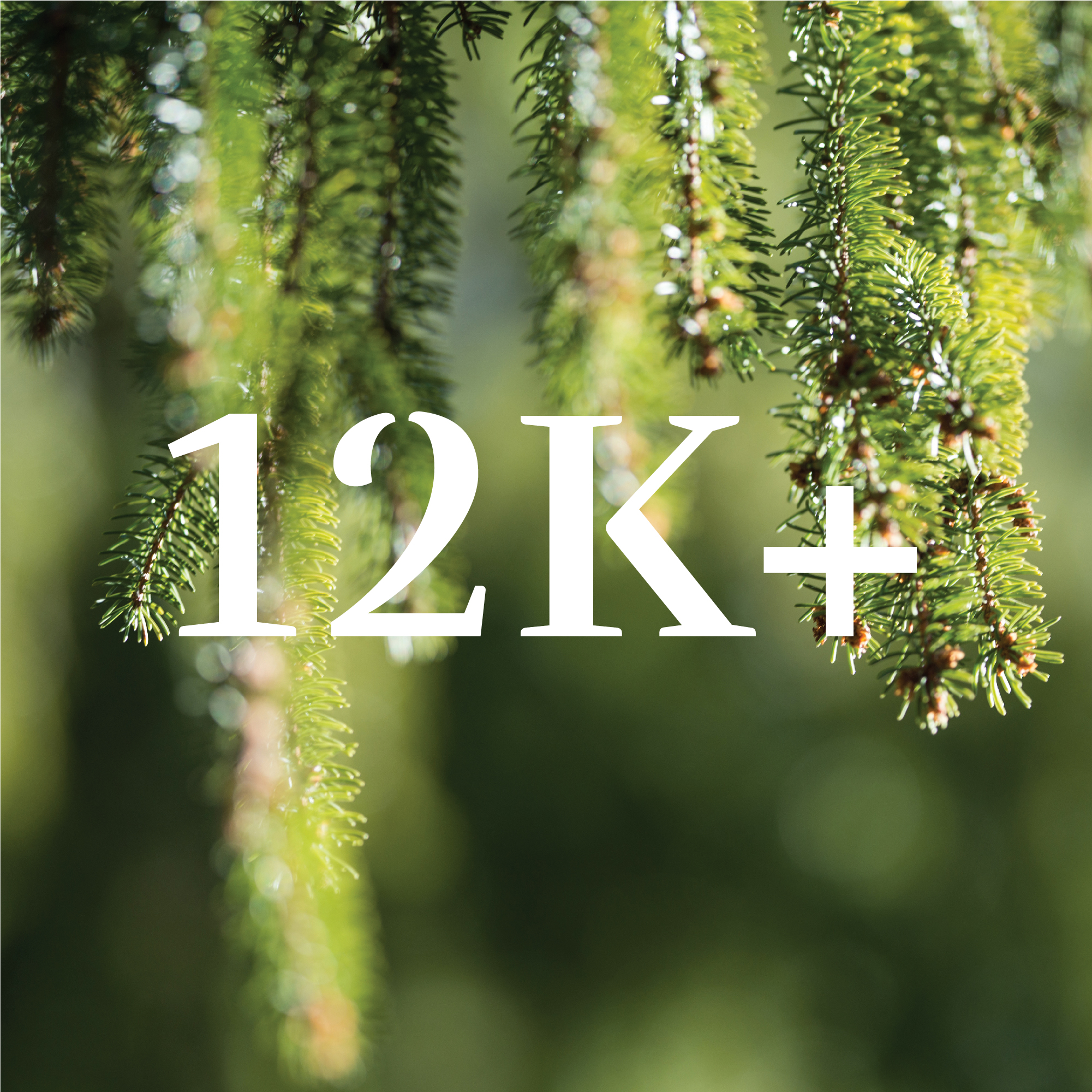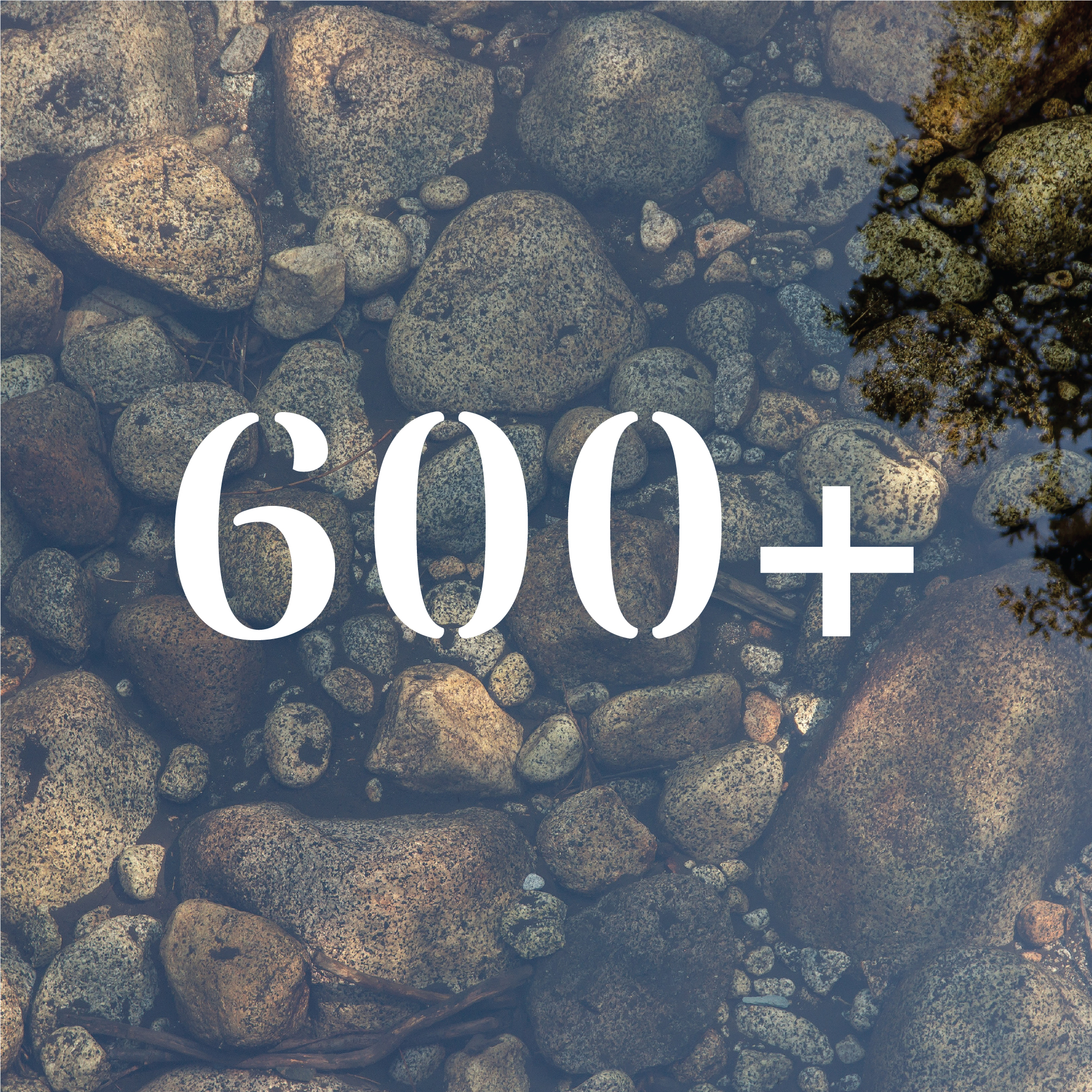Biennial Extension + Outreach

Educating the public on wildfire
Oregon State researchers and extension agents emphasize the need for viable forest management practices to help mitigate the risks and impacts of high-intensity and high-severity fire events.
Extension + Outreach 2017-2018
The Forestry & Natural Resources (FNR) Extension Program is one of seven established program areas within the Oregon State University Extension Service. Established in the 1940s, the FNR Extension Program is the largest of its type in the U.S., and is often regarded as the nation’s marquee FNR program. FNR Extension currently employs 12 field agents covering 28 of Oregon’s 36 counties. In addition, 10 statewide extension specialists cover the following subjects: water resources and watershed management, silviculture, forest health, human dimensions in natural resources, collaborative natural resource management, forest management and forest economics, timber harvesting and forest operations, Christmas tree production marketing, forest products processing, forest products marketing and green building. In FY 2017 and FY 2018, the FNR Extension Program conducted more than 240 educational events across Oregon, the Western United States and nationally. These events provided more than 600 hours of instruction and reached 12,700 individuals. The FNR Extension Program worked with many partner organizations in the past two years, and generated more than $300,000 in program revenues.
Current FNR Extension programs
‘Ask an Expert’ has fielded more than 10,000 questions from across the state, the nation and world since its debut. Answers to a number of forestry, natural resources and gardening topics come within two working days from OSU researchers and 20 master gardeners. One of the busiest programs of its kind, over 330 questions were answered in FY 2017 and FY 2018.
OREGON NATURAL RESOURCES EDUCATION PROGRAM (ONREP)
ONREP prepares K-12 educators to actively engage students in the study of Oregon’s diverse natural resources and ecosystems through relevant, meaningful and place-based experiential learning. In 2017-2018, 1,534 educators from 26 different Oregon counties attended one of 102 workshops, institutes, school programming or courses held in 17 of Oregon’s 36 counties. These educators reach a potential of more than 60,000 students each year.
OREGON WOOD INNOVATION CENTER (OWIC)
OWIC, a collaborative Oregon Forest Research Laboratory and FNR Extension initiative, fostered the competitiveness of Oregon’s wood products industry through testing, technical assistance and market assessment projects for Oregon businesses. In FY 2017 and FY 2018,13 workshops were conducted, including long-standing courses on wood basics for wholesalers, lumber drying, wood adhesion, quality control and management development. In addition, 30 undergraduate renewable materials students have been directly involved in OWIC’s research and development activities which have included assisting Oregon firms develop new products from agricultural residues and testing of the properties of hybrid poplar, Willamette Valley ponderosa pine and sugar palm.
CONTINUING AND PROFESSIONAL EDUCATION PROGRAM (CPE)
The CPE program was established in 2014 in order to create a more conducive environment for the college to provide continuing education to the professionals in forestry and natural resources. In FY 2017 and FY2018, the program helped to coordinate 15 events that totaled 220 hours of instruction and reached more than 1,100 participants.
OREGON WOMEN OWNING WOODLANDS NETWORK (WOWNet)
WOWNet continues to provide relevant, peer-learning opportunities for women in forestry roles, an emerging landowner group, to help inform land management decisions. There are more than 220 members of the WOWNet program who participate in activities such as full-day retreats, evening trainings and focus groups.
NORTHWEST FIRE SCIENCE CONSORTIUM (NWFSC)
The NWFSC continues to expand its reach throughout Washington and Oregon, accelerating the awareness, understanding and adoption of wildland fire science. During FY 2017 and FY 2018, significant activities and products included: 14 webinars focused on issues such as communication strategies during a fire event, a smoke photographic guide, creating fire adapted communities, understanding stakeholder perceptions of fire, rangeland fire protection associations and a summary of previous fire seasons.
MASTER WOODLAND MANAGER PROGRAM
The training program is a master’s-level course for landowners who are interested in an intensive forest management training and sharing the knowledge gained through this training with people in their local communities. In FY 2017 and FY 2018, 61 volunteers reported more than 18,000 contacts through 7,000 hours of unique activities with the public, family forestland owners, youth, watershed councils and various other organizations. Volunteers reported being able to better manage their 18,000 collective acres of forestland due to their program training.
MASTER NATURALIST PROGRAM (OMN)
The Oregon State University Extension Master Naturalist Program is designed for people interested in Oregon’s natural history and natural resources management, who want to dedicate their time as volunteers. Participants volunteer for natural resources programs, agencies and organizations in their communities. In FY 2017 and FY2018, 58 volunteers achieved Oregon Master Naturalist certification. This brings the total certified to 155 since 2012. To date, program volunteers have contributed to 321 local, state and federal agency and non-profit volunteer groups, with over 36,000 volunteer hours submitted, reaching 360,000 persons through their activities. This represents $912,542 worth of volunteer service in six years of recording volunteer data.
Outreach Highlights
Get Outdoors (GO) Day
The fourth and fifth annual Get Outdoors Day events were held in FY 2017 and 2018, respectively. ‘GO Day’ is hosted by the Oregon State Research Forests, Extension Service and the Benton County Health Department. The free, public event takes place at Peavy Arboretum and aims to introduce first-time visitors to public lands and reconnect youth to the great outdoors. In FY 2017 and FY 2018, more than 900 attended thanks to an active outreach approach to underserved populations.
The Starker Lecture Series endowed by the Starker family since 1986, provides resources for lectures in the College of Forestry. Each year the series includes films, talks and a capstone field trip to a location related to the theme. Almost 900 attended, viewed live or watched recorded screenings of the FY 2017 series titled ‘Recreation in the Forests: Finding a Healthy Balance.’ The 2018 theme was ‘What’s next: The future of managing for healthy, productive forests.’ These events drew more than 1,300 attendees.
Wood Magic
Wood Magic is an educational program for third and fourth grade students that teaches them the basics of wood science. Students visit 11 stations and cover topics including wood strength, bendability, fire stability and pests. In FY 2017 and 2018, more than 2,400 students from Benton, Linn, Lane, Marion, Lincoln and Polk counties attended the program.



